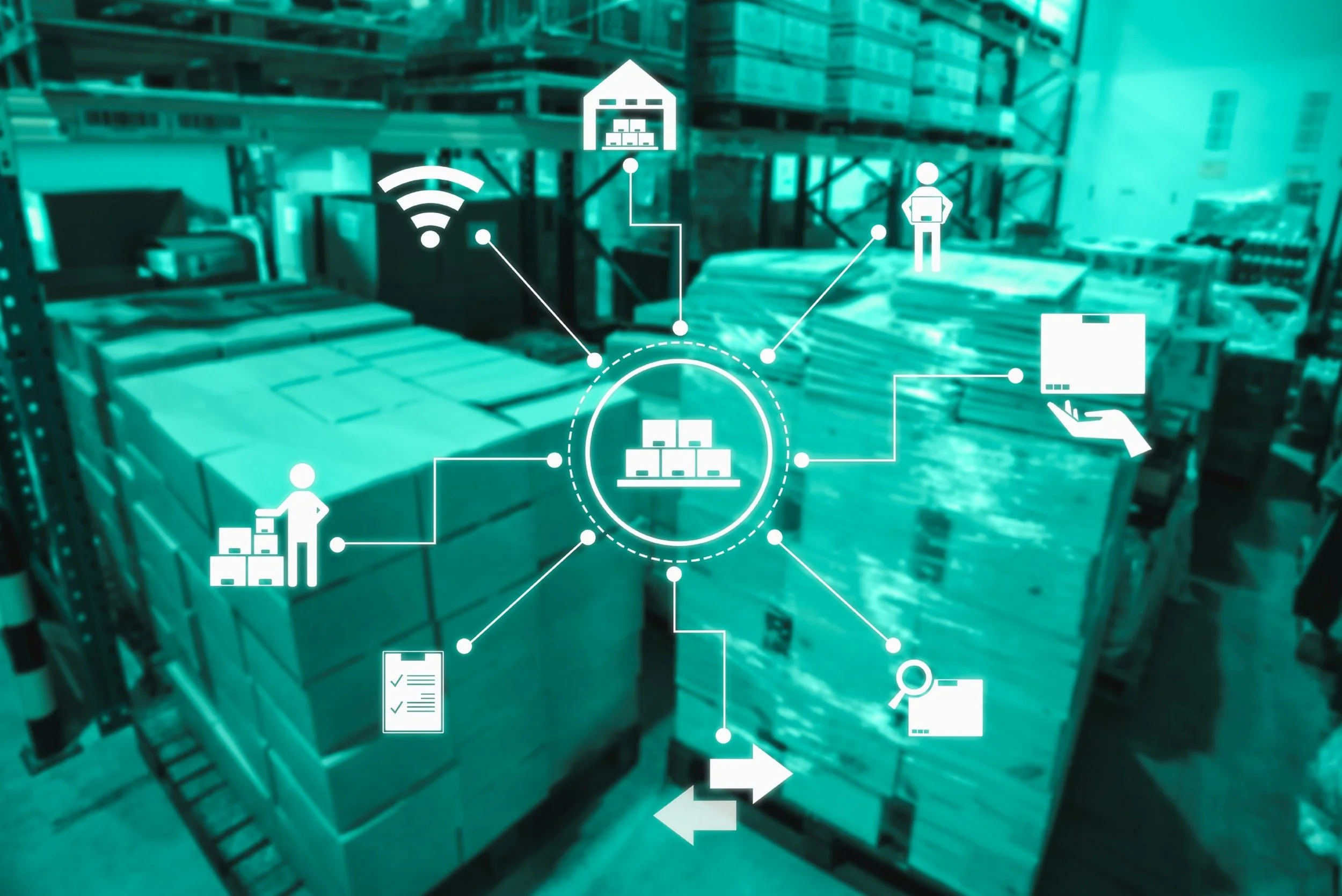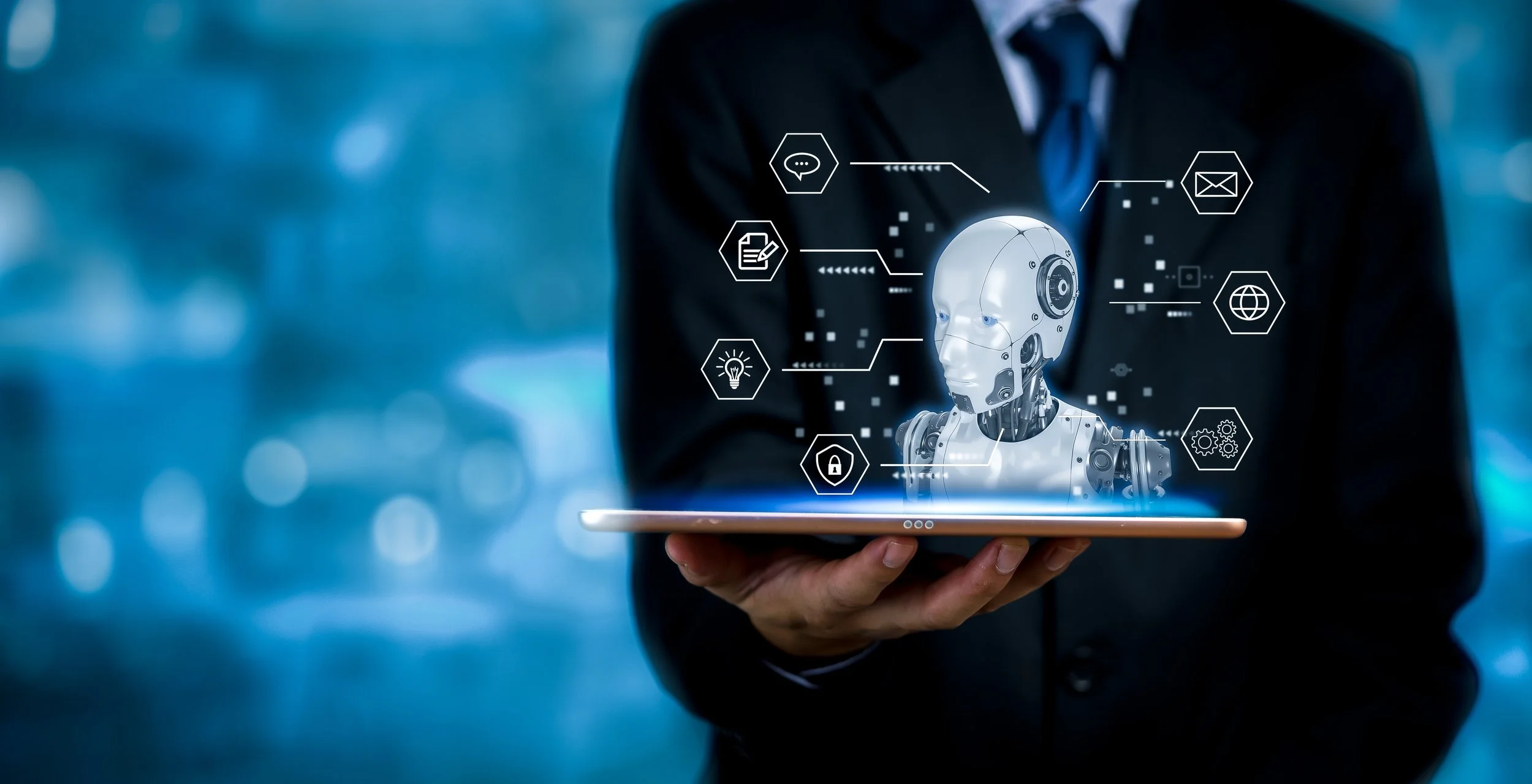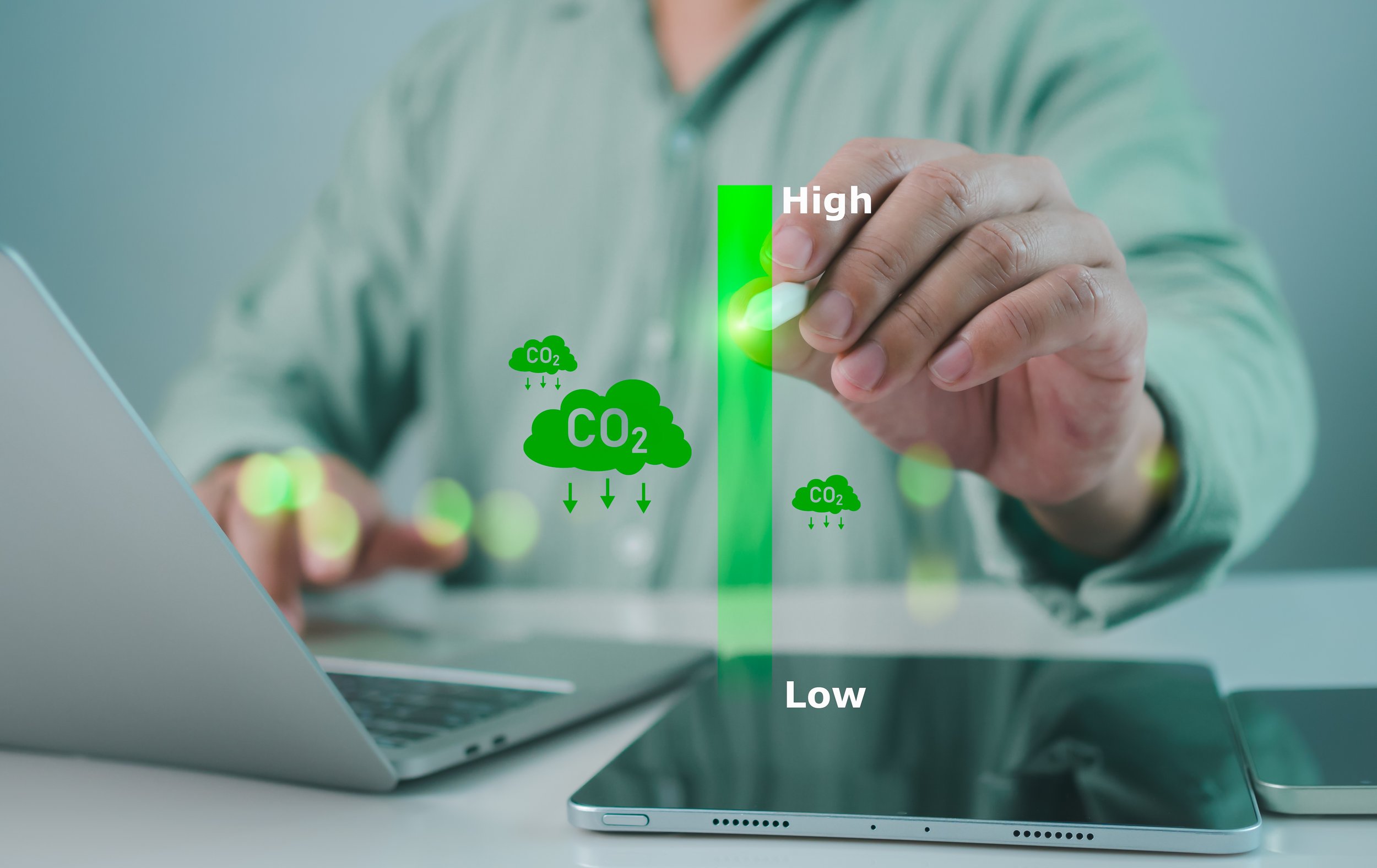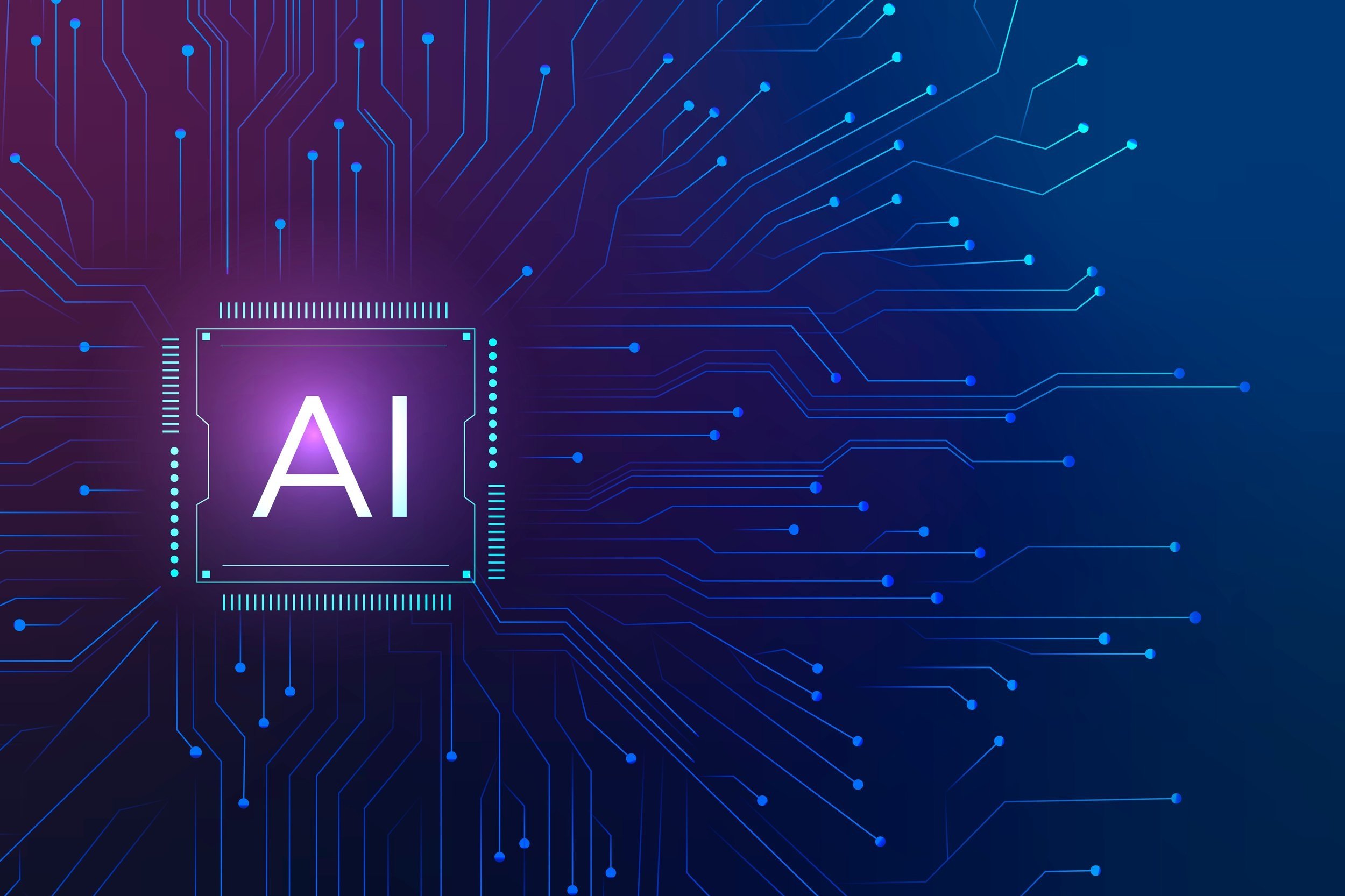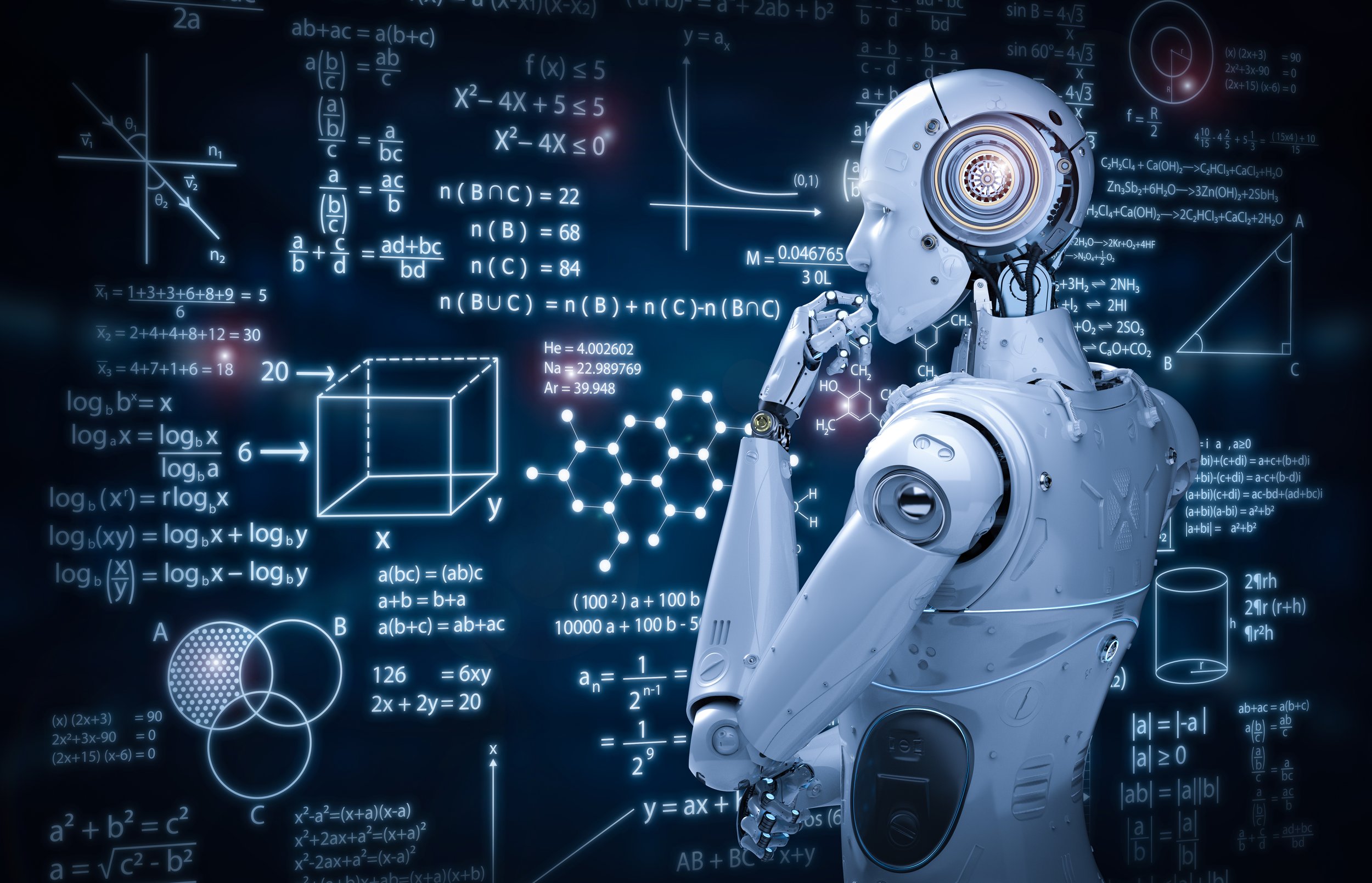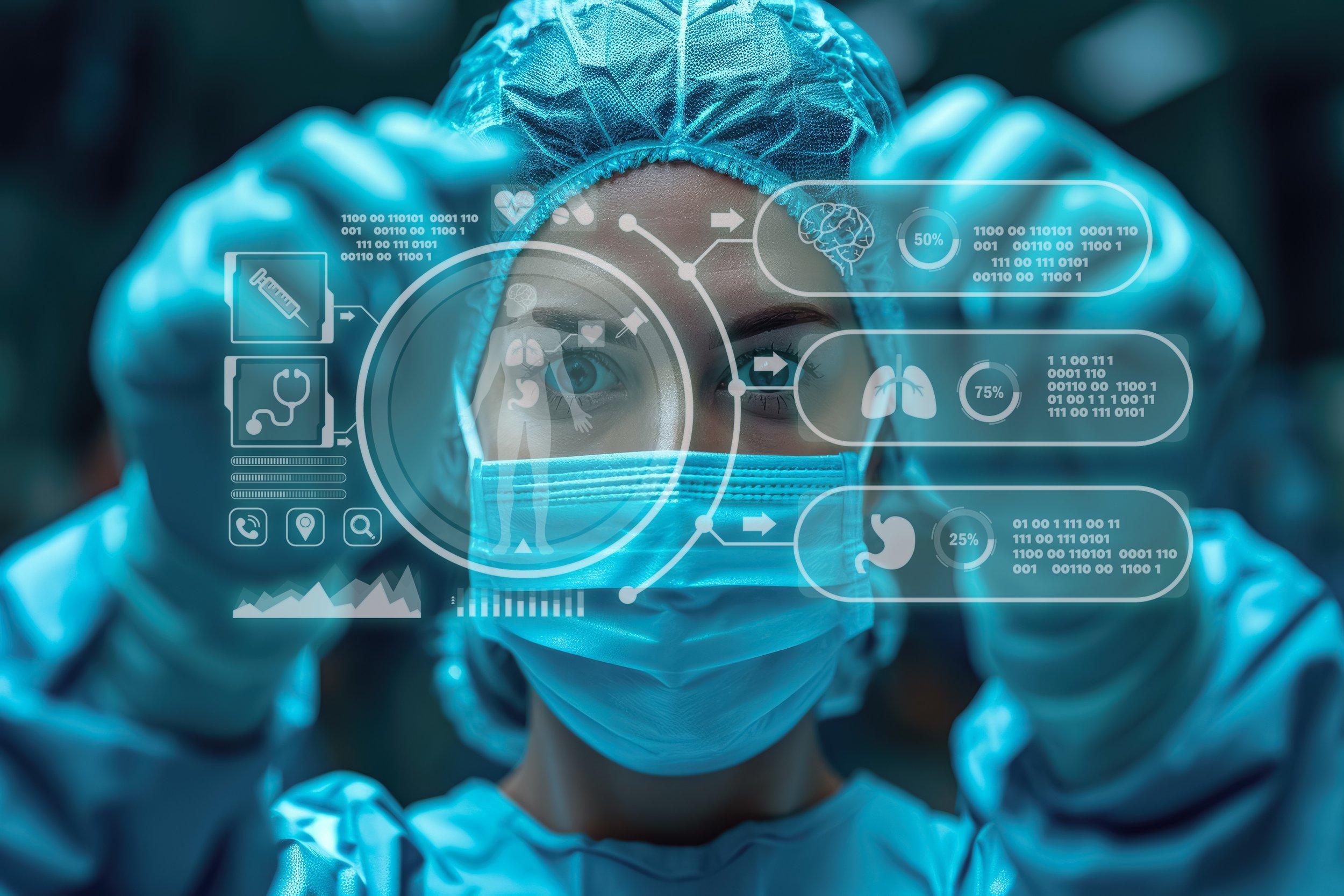
TechNews
Latest updates and insights on tech.
Resilient Supply Chain 4.0
This article explores how Supply Chain 4.0 is reshaping logistics through IoT and AI. With real-time data, predictive intelligence, and automation, companies can streamline operations, reduce risks, and stay competitive in a rapidly changing global landscape.
AI for Decision Support
In 2025, artificial intelligence has become an essential tool in supporting decision-making across industries. This article explores how AI-enhanced systems assist humans in navigating complex choices through real-time data analysis, predictive modeling, and risk assessment. Rather than replacing human insight, these tools amplify it—allowing leaders, professionals, and organizations to make faster, more informed, and context-aware decisions. With examples from healthcare, finance, government, and emergency response, the article highlights the advantages and limitations of AI in decision support, and stresses the importance of maintaining human judgment, ethical safeguards, and transparency in every AI-assisted process.
Reducing Emissions with AI
Artificial intelligence (AI) is becoming a driving force in the manufacturing sector, enabling companies to significantly reduce their carbon emissions and enhance sustainability. By optimizing energy consumption, reducing waste, and improving resource utilization, AI technologies help manufacturers operate more efficiently while lessening their environmental impact. From predictive maintenance and smart supply chain management to promoting a circular economy and improving carbon emissions monitoring, AI is central to advancing green manufacturing practices. As AI continues to evolve, its potential to further transform the industry and support a low-carbon economy grows.
Transforming Health with AI
Artificial Intelligence is reshaping the healthcare landscape by enhancing diagnostic precision, enabling early disease detection, and personalizing treatment plans. From AI-driven imaging analysis to predictive analytics and remote consultations, this article explores how AI is revolutionizing every step of the patient care journey. As healthcare systems seek efficiency and accuracy, AI continues to evolve into a pivotal force driving innovation and improving patient outcomes globally.
Smart Logistics with AI
Artificial Intelligence is revolutionizing supply chain and logistics operations by enhancing decision-making, reducing costs, and improving overall efficiency. AI's ability to analyze vast data sets in real-time enables businesses to forecast demand, optimize delivery routes, and automate inventory control. This article explores AI's diverse applications in supply chain management, from predictive analytics to autonomous vehicles, while addressing the challenges and benefits of its implementation.
AI for Cyber Threats
As cyber threats continue to grow in scale and sophistication, traditional security measures alone are no longer sufficient. Ethical hacking—also known as penetration testing—is becoming a critical tool for identifying and addressing system vulnerabilities before malicious actors exploit them. By simulating real-world attacks, ethical hackers help strengthen defenses, improve incident response strategies, and meet regulatory requirements. In 2025, as technologies like AI and IoT expand the threat surface, ethical hacking is poised to become a core element of every organization's cybersecurity strategy.
AI-Powered Retail
This article explores the strategic integration of Artificial Intelligence (AI) within the e-commerce industry, emphasizing its role in delivering personalized shopping experiences. By analyzing consumer data through advanced technologies such as machine learning, natural language processing, and predictive analytics, AI enables retailers to optimize product recommendations, pricing models, and customer interactions. The discussion underscores AI’s contribution to enhancing customer satisfaction, improving conversion rates, and supporting data-driven decision-making in modern online retail environments.
AI & Climate Insights
AI is revolutionizing weather prediction and climate analysis, offering a powerful tool for enhancing forecasting accuracy and addressing the growing challenges of climate change. By leveraging machine learning, big data analytics, and advanced algorithms, AI is transforming how meteorologists and climate scientists process and interpret complex datasets. This article explores the diverse applications of AI in predicting extreme weather events, identifying climate trends, and providing data-driven insights to support climate adaptation strategies. As AI continues to evolve, its impact on climate science and environmental policy will become even more critical in addressing the urgent need for sustainable solutions.
AI in Customer Experience
Artificial Intelligence (AI) is revolutionizing the landscape of customer experience management by enabling businesses to deliver highly personalized and efficient interactions. Through AI-powered tools such as chatbots, predictive analytics, and machine learning, companies are enhancing customer satisfaction, reducing response times, and streamlining service operations. This article explores the pivotal role of AI in transforming customer engagement, the challenges of AI adoption, and how businesses can optimize these technologies to maintain a competitive edge in the evolving market.
AI Business Auto
The integration of artificial intelligence into business operations is driving a new era of automation that extends far beyond traditional industries. This article explores the transformative impact of AI-powered automation, from intelligent process automation and predictive analytics to autonomous decision-making and ethical AI governance. As organizations navigate this evolving landscape, they must strategically adopt AI to enhance efficiency, foster innovation, and address the challenges of workforce transformation and responsible deployment. Embracing AI not merely as a tool, but as a strategic partner, will be key to maintaining competitiveness in the digital age.
Tech in Disaster Response
Cutting-edge technologies are reshaping disaster response by enhancing speed, accuracy, and coordination in crisis situations. This study focuses on innovations such as drones and Artificial Intelligence (AI), which are enabling faster assessments, more efficient search and rescue operations, and smarter resource allocation. While these tools bring significant advantages, their integration also presents challenges that must be addressed to fully realize their potential in saving lives and supporting recovery efforts.
AI in Predictive Healthcare
AI transforms patient care through predictive analytics, enabling the early detection of diseases and the delivery of personalized treatments. These technologies analyze vast datasets to uncover critical health patterns that humans might miss. While promising improved outcomes, challenges like data privacy and algorithmic bias require careful navigation as this technology reshapes modern medicine.
AI in Insurance
Artificial Intelligence is revolutionizing the insurance industry by streamlining operations and enhancing customer experiences. This study examines how AI technologies, including machine learning, natural language processing, and predictive analytics, are transforming core functions such as underwriting, claims processing, and customer service. These advancements are making the industry more efficient, accurate, and responsive, redefining the future of insurance.
AI in Healthcare: Predictive Analytics
The healthcare landscape is transforming by integrating artificial intelligence (AI) and machine learning (ML) technologies. AI-driven predictive analytics emerges as a powerful tool, leveraging vast amounts of patient data to anticipate health risks, personalize treatment plans, and optimize resource allocation. This article explores the potential of AI in healthcare, focusing on how predictive analytics contribute to improved patient outcomes and preventive care. We examine how machine learning algorithms analyze patient data to identify patterns and correlations associated with specific diseases or health conditions. We discuss the benefits of AI-driven predictions, including early disease detection, tailored treatment approaches, and proactive risk management. Challenges concerning data privacy, security, and model bias are addressed, along with ethical considerations surrounding the use of AI in healthcare decision-making. Finally, we explore the future directions of AI-driven predictive analytics and its potential to revolutionize healthcare delivery.

